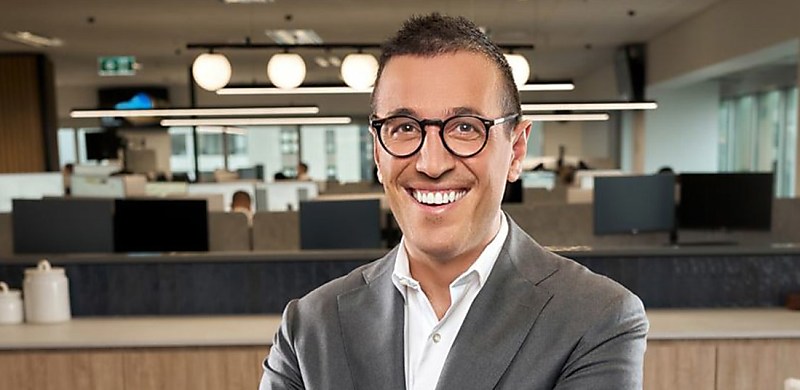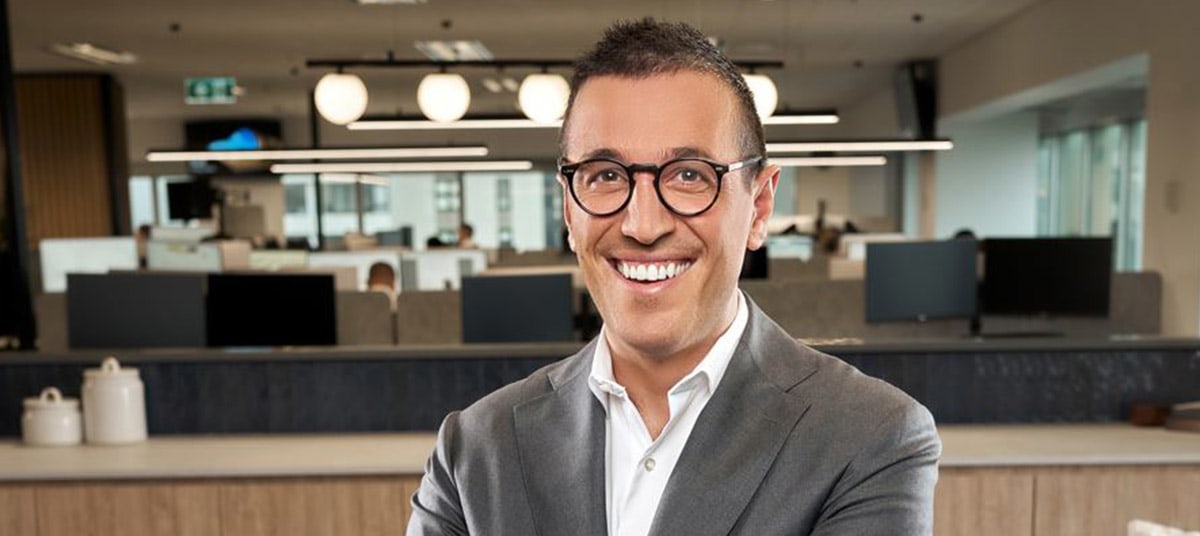
The chief executive of Shore Financial, Theo Chambers, sits down with The Adviser to discuss how he runs Australia's leading independent brokerage.
In this Q&A, we sit down with the CEO of the top ranked independent brokerage from The Adviser's Top 25 Brokerages report 2023, Shore Financial, to find out about how he entered the broking industry, why he decided to move from being a broker to take up the role of CEO, wins and losses from his time as a CEO so far, and some top tips for other brokers.
Here’s what Theo Chambers had to say:
How long have you been in the industry?
I’ve been in the industry as a broker for 12 years now, but I’ve been in lending a little bit longer than that. I was with the Commonwealth Bank of Australia for a few years prior, so about 15 years in lending and 12 years in broking.
How did you end up as CEO of Shore Financial?
This content is available exclusively to
The Adviser premium members.
I started handing my clients and referral partners, personal referral partners, that is, around to brokers who I best saw fit in the team.
That included delegating a bit of my personal broking responsibility, which had its pros and cons because, unfortunately, whilst I freed up some time and was able to focus on other elements of the business, the service I was providing to these clients and referral partners, might have been superior to that of my replacements as such.
It was one of those things I naturally started doing. We actually did do some interviewing for a period of time for someone to be the CEO.
But the thing about a small self-employed operation in any industry is that it’s hard to find someone that cares about your business as much as you do and to bring someone in, which you’re also paying top dollar for, to then educate them on all these things, you may as well just do it yourself.
Even if you do educate them, they’re probably still not going to go about it the way you personally would, so like I said, I was just naturally drawn into dealing with it myself.
How did you build a leading brokerage team?
I feel like we had a good run in our early days with hiring some great individuals who created a culture collectively, and we want to make sure that when we interview people today, they still fit our ethos and culture that we've had from day one.
It's sometimes hard to interview and figure someone out, but you can set a standard from day one, which can change the way they probably would've entered your business from day one. You can really map out your expectations of what you expect someone to do, which will carry on throughout their tenure in your business.
We like to make sure our senior members have the time to answer questions for our junior members, and through that, the culture in the business is that the seniors actually get a bit of fulfillment out of helping the juniors.
So, whilst we try and standardise everything and try and make sure all our brokers follow our process, our ethos, and our way of doing things, every broker still has their own version of success as such.
We also encourage fortnightly training sessions where our seniors get together with our juniors and share individual stories on their secrets to success and if you've got 12 different seniors running these sessions, that's 12 different ways of how to do things.
What are wins and losses you’ve had so far as a CEO?
Probably the biggest loss was the Volt Bank white label launch mainly because of the financial commitment it took to get that up and running. We were seed investors at AMM, which became Volt Bank and then we even had a second-round investment in them. That would probably be our biggest fail.
As for a win, I’d have to say is the centralised processing in our business. Around six, seven years ago, we had no centralised processing. I’d say it’s crucial for any brokerage to have centralised processing these days.
Even if you’re a sole trader, you need to really focus on your back-end process. I think brokers these days have so much responsibility from the start to end of the process and it’s hard for a broker to be good at all those various responsibilities.
What are some top tips you have for other brokers out there?
I think it’s important that people entering the industry are not entering with that work/lifestyle balance-type approach. Because we feel a lot of people are drawn to the industry thinking they can work three, four days a week.
Sure, maybe one day you can, but in your first two years, it’s almost a six-day-a-week requirement. I know I personally was six days a week for the first three years. So, you need to really go hard in your first two years because first impressions are everlasting.
I also think first impressions in your first two years are crucial. Don’t be scared to fall on your face with ideas and concepts. If you keep doing the things that everybody around you is doing, then you’re not coming up with some crazy new, innovative ideas.
So, I really encourage coming up with innovative ideas, no matter how crazy they may seem, you just have to be ready to be wrong and be ready to pivot.
And in saying that, my third tip would be to make sure you’re testing some of your concepts before going to the mass market.
I feel so many people are now jumping on the bandwagon with online initiatives and they’re building a business around a certain strategy.
A lot of people have concepts which, sure they might work with three or four people while you’re all working from home or having low cost and whatnot, but once you try and scale that concept, it’s not sustainable or feasible.
If you’d like to find out more about Theo Chambers and Shore Financial, tune in to the Elite Broker episode, How Theo Chambers runs a leading independent brokerage, below:

